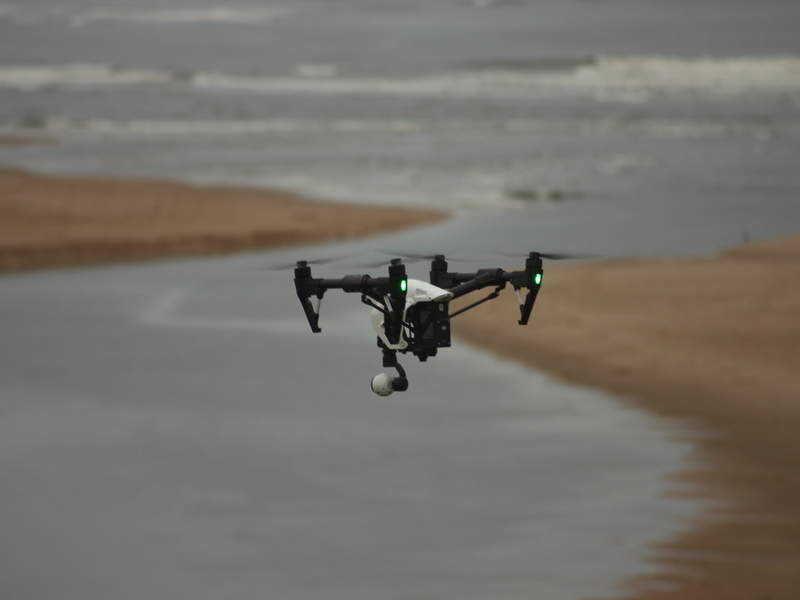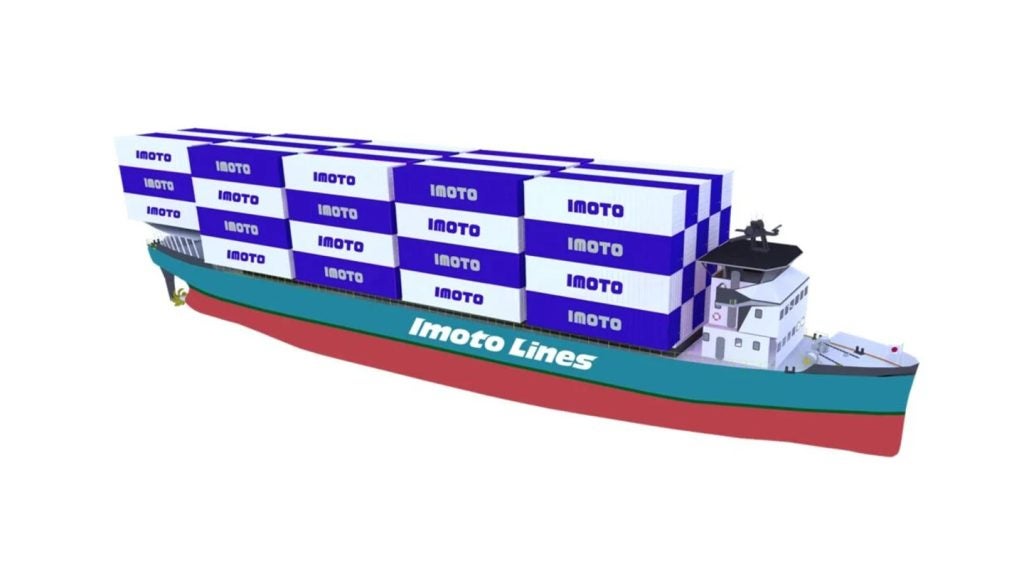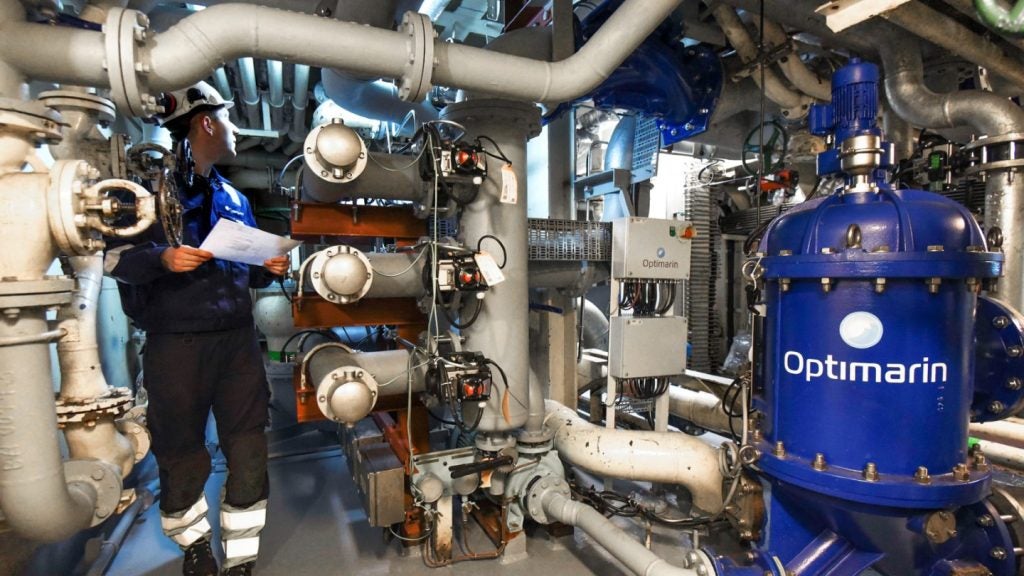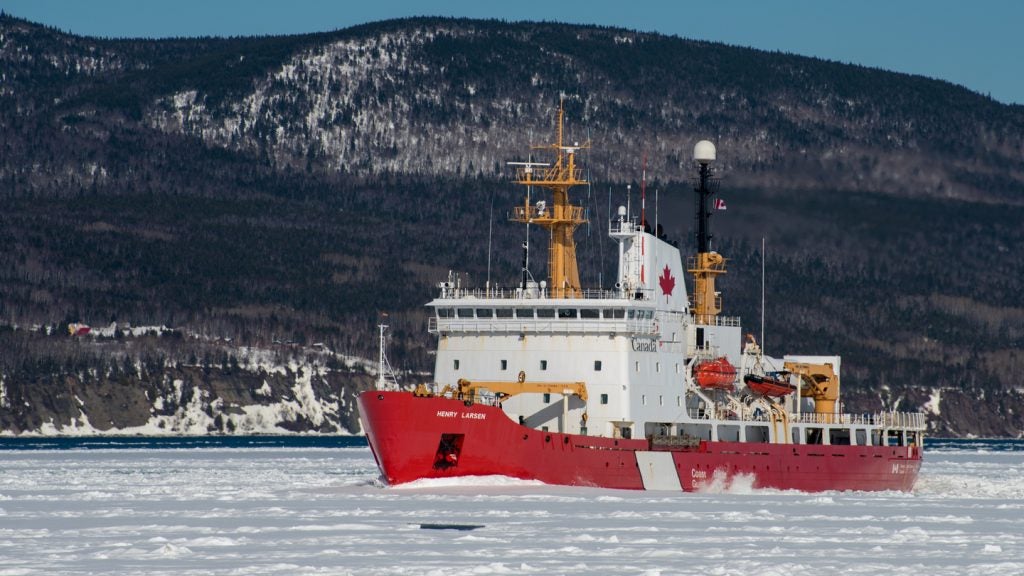

Dutch multinational company Akzo Nobel has partnered with oil and gas tanker operator Barrier Group and robotics specialist DroneOps to develop a drone that can remotely monitor enclosed spaces, as well as the ballast water tanks of vessels and other marine structures.
Advanced virtual reality technology will be used as part of the project in order to offer safer, more accurate evaluations of ballast water tanks, offshore wind farms, and other enclosed or otherwise difficult to access spaces on ships.
The proposed Small Unmanned Aerial System (SUAS) will also be able to inspect coatings and corrosion occurring in various marine structures. The unit is scheduled to undergo flight trials at both AkzoNobel’s UK-based coatings test site and Barrier Group’s indoor training facility.
The companies are planning to complete and launch the drone by October this year.
In addition to Akzo Nobel, Barrier Group and DroneOps' involvement, UK-based consultancy Safinah has also been selected to provide additional coatings expertise to the project.
See Also:
AkzoNobel marine coatings business development manager Michael Hindmarsh said: “Surveys of enclosed spaces and ballast water tanks are an essential part of routine maintenance and are increasingly critical for ship owners.
How well do you really know your competitors?
Access the most comprehensive Company Profiles on the market, powered by GlobalData. Save hours of research. Gain competitive edge.

Thank you!
Your download email will arrive shortly
Not ready to buy yet? Download a free sample
We are confident about the unique quality of our Company Profiles. However, we want you to make the most beneficial decision for your business, so we offer a free sample that you can download by submitting the below form
By GlobalData“Inspecting these areas thoroughly can require working at height, entering confined spaces and negotiating slippery surfaces that could be poorly lit, all of which are high-risk activities that the maritime industry is keen to address.”
Crew members, surveyors or independent inspectors are currently deployed to carry out inspections, and these operations can pose great risk to the lives of the workers involved.
Using technology for these tasks in place of employees will provide real-time inspection data, as well as reduce costs and risk to human life, and increase overall efficiency.
Image: A drone flight. Photo: courtesy of Akzo Nobel NV.







